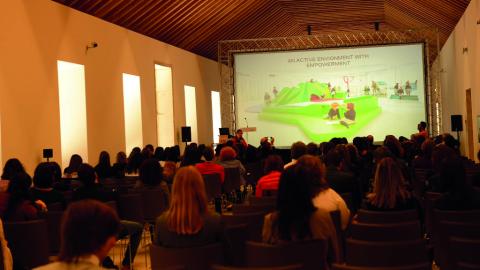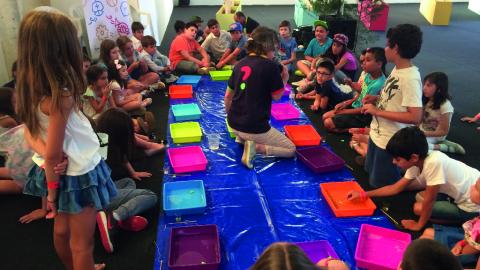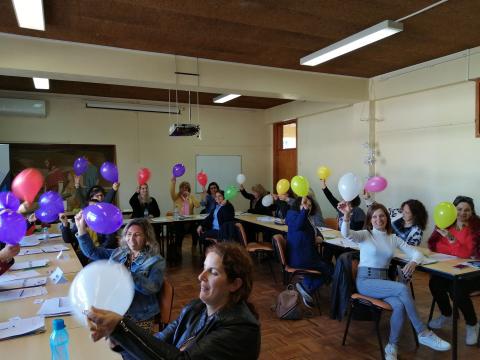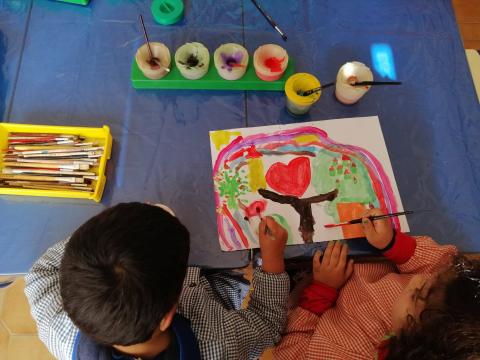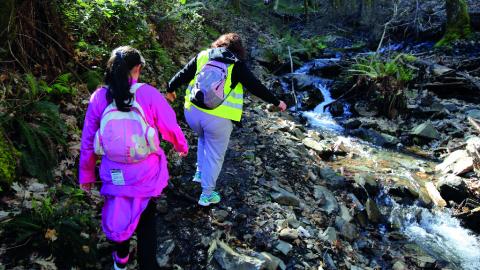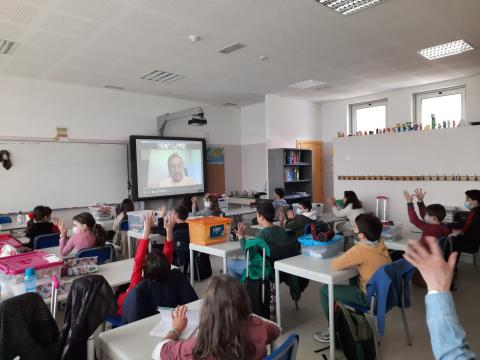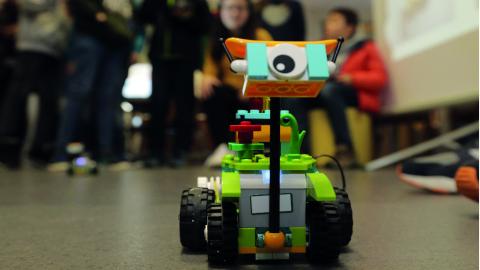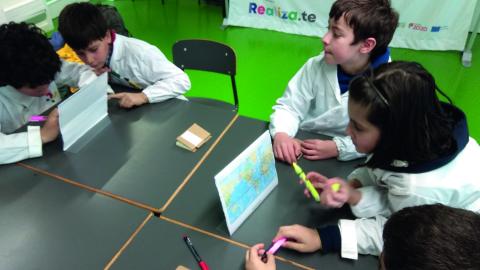
Realiza.te: a multilevel and cross-sectoral approach to educational success

About this good practice
Realiza.te covers all public schools in the 19 municipalities of Coimbra Region aiming to reduce failure and early school leaving by 10% in the territory of CIM-RC. The practice epitomizes collaboration, innovation, and community engagement in bolstering educational success and tackling Early School Leaving (ESL). Key aspects include: Comprehensive Study and Collaborative Approach: Initiated with a thorough 2015 University of Coimbra analysis, involving diverse stakeholders from the outset; Tailored Interventions and Multidisciplinary Teams: Focused on lowering ESL rates by customizing interventions for students, especially with special needs and from minority groups; Focus on Equity and Inclusion to all students regardless of backgrounmd and location through support programs for at-risk students, parental education, and community engagement; Positive Outcomes and Sustainability: Impact measured via completion rates, ESL rates, and equity indices, showing notable improvements across educational tiers, by 2.3% for ISCED 1-2 levels and by 5.9% for ISCED 3 levels, surpassing regional (NUT II) and national averages; Alignment with EU Recommendations: Aligned closely with EU guidelines on ESL, implementing comprehensive strategies covering prevention, intervention, and compensation measures across all educational facets; Blueprint for Action: Offered a roadmap for promoting educational equality and quality, demonstrating the potency of collective action and partnerships.
Resources needed
The 1st phase had with an initial investment of EUR 4.521 million. Authority in terms of human resources it comprises in terms of multidisciplinary teams: psychology, speech therapy and educational sciences, but some teams also included music therapists, physiotherapists and nutritionists.
Evidence of success
The project achieved 147% of the expected results / result indicators due to: a) reduction in the rate of students in the 1st, 2nd and 3rd cycles and secondary school with negative levels (in at least one subject) in the curricular years covered (contractualised metrics by CIM-RC: reduction 10,00%; achieved results: reduction 225,89%); b) lower retention and drop-out rates in the curricular years covered (contractualised metrics by CIM-RC: reduction 25%; achieved results: reduction 158.27%).
Potential for learning or transfer
Realiza.te showcases a successful multi-level, cross sectoral approach to reducing early school leaving (ESL), aligning with EU recommendations. It involved stakeholders from European education networks, national educational bodies, regional development commissions at the NUTS II level, and local agents at the NUTS III level, fostering a participatory approach. This initiative provides a blueprint for an action program, delineating the responsibilities of various stakeholders and outlining strategies for preventing, intervening, and compensating for ESL. By promoting educational equality and quality, the project can be adapted and implemented in other regions across Europe, scaled up, and rolled out across the EU. Its flexible and adaptable design ensures successful implementation in diverse settings, including both rural and urban areas, and in regions with both high and low population densities. This makes it a powerful tool for driving positive change throughout the European Union.
